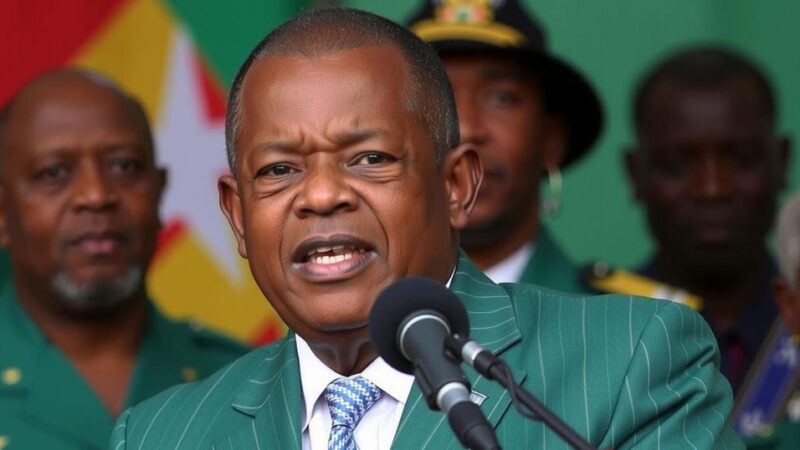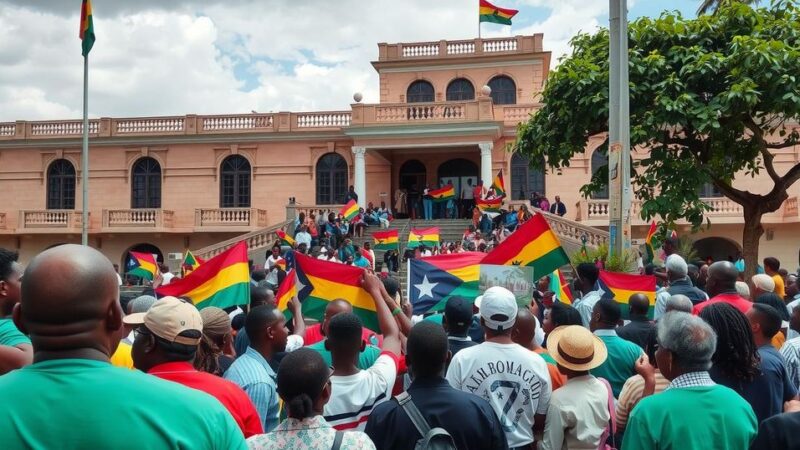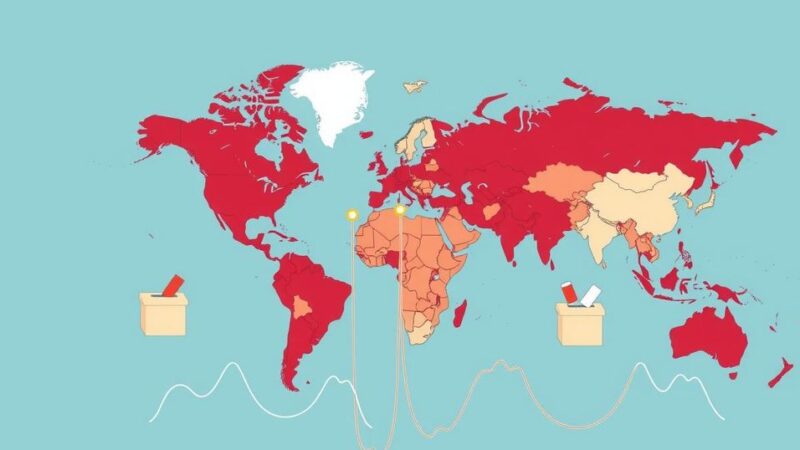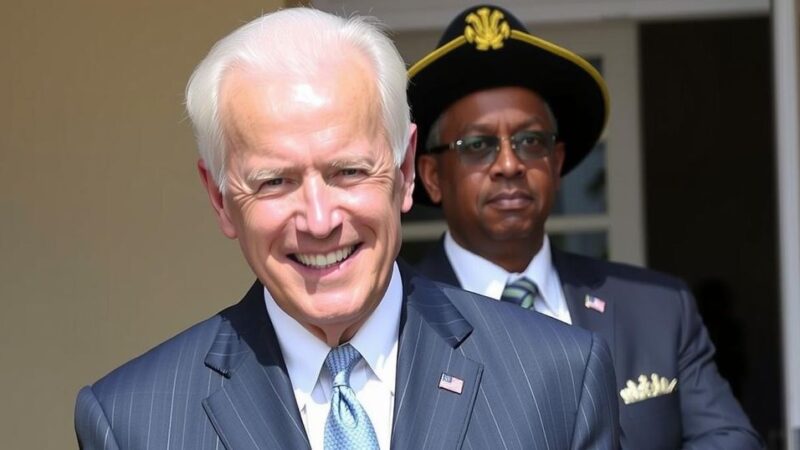America’s Cold War interventions aimed at quashing leftist movements have had enduring consequences in various countries. Incidents of violence, contemporary political dynamics, and the works of journalist Vincent Bevins, particularly in “The Jakarta Method,” illustrate the long-term impact of these historical U.S. actions. The repercussions of these interventions continue to manifest in contemporary politics, both in the Americas and globally.
The United States’ involvement in foreign interventions throughout the twentieth century has left a profound and lasting impact on various nations, from Indonesia to Brazil, primarily driven by the desire to suppress leftist movements. This phenomenon manifests in contemporary social tensions within the U.S., as exhibited by anti-quarantine protests where demonstrators draw parallels between pandemic responses and communism, reflecting an enduring apprehension towards socialist ideologies. Recent incidents, such as an armed assault on the Cuban embassy and the controversial remarks of Brazil’s Minister of Culture downplaying past dictatorship atrocities, illustrate the ongoing legacy of Cold War-era interventions. As many elites in the U.S. and Latin America maintain an aversion to social democracy, the repercussions of these actions continue to reverberate through geopolitical landscapes. The book “The Jakarta Method” by Vincent Bevins examines the extensive and violent campaigns waged by the United States during the Cold War, particularly focusing on Indonesia’s tragic history under General Suharto’s regime, where American support facilitated a massacre against supposed communists. This dark chapter not only traumatized Indonesia but also served as a model for similar repressive strategies in Latin America, particularly with the horrific implications observed during the military coup in Chile. Bevins highlights the significant influence of U.S. policies, which were designed to eradicate any semblance of social democracy through military power and ideological manipulation. This violent suppression was justified under the guise of fighting communism, even when these nations posed no direct threat to U.S. interests or the geopolitical balance. As such, the legacy of America’s Cold War strategies remains a crucial aspect of understanding both historical and current political dynamics within affected regions.
In the post-World War II era, the United States positioned itself as a global leader opposing the spread of communism, leading to extensive involvement in foreign nations through military and economic interventions. This period, marked by the Cold War, saw the U.S. orchestrate various coups and support authoritarian regimes in order to counter leftist movements, believing that such actions were necessary for the preservation of capitalist democracy. These interventions have been criticized for their brutal methods and the long-standing repercussions they left behind, including societal trauma and the eradication of alternative political systems.
The lasting effects of America’s Cold War interventions continue to shape global and domestic politics, revealing a complex legacy of violence and suppression against leftist ideologies. The narratives presented in Vincent Bevins’ “The Jakarta Method” underscore the need for an honest reckoning with this history as nations reflect on their past and seek pathways toward more equitable systems of governance.
Original Source: jacobin.com







